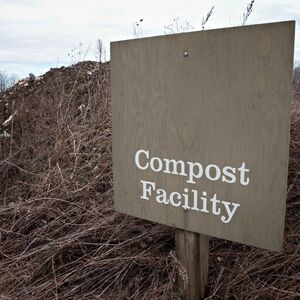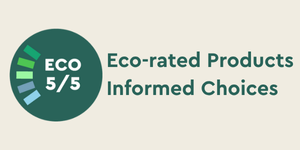The future of coffee cups: plastic free
As more and more people strive to reduce their reliance on plastic, the market for plastic-free coffee cups is growing. These cups are made from paper, and they are coated with a water-based dispersion barrier. This barrier helps to keep liquids from seeping through, making them ideal for coffee. Plus, they are fully compostable, so they won't end up polluting the environment.
The popularity of these cups is no doubt due to the growing awareness of the negative effects of plastic on the environment. Plastic is a non-biodegradable material that can take centuries to break down. It often ends up in landfills and oceans, where it can harm wildlife and contaminate water supplies.
Plastic vs water based
The main difference between a PE plastic lined cup and a water lined cup is that the PE plastic lined cup is not compostable. This means that, if it ends up in the environment, it will pollute the earth and potentially cause harm to animals. The water-based dispersion barrier on the other hand, is commercially compostable. This means that it will break down completely in a composting environment and will not release any harmful chemicals or pollutants into the air or soil.
The impact of coffee cups
Coffee cups are ubiquitous in today's society. They are often viewed as a convenient way to grab a quick caffeine fix on the go. However, these cups come with a hidden cost: their environmental impact.
The majority of coffee cups are lined with polyethylene (PE),this is hard to separate in the recycling system. In fact, according to The Guardian, only 1 in 400 coffee cups are recycled in the UK. This means that the vast majority of coffee cups end up in landfill, where they will take hundreds of years to decompose.
In an effort to reduce the environmental impact of coffee cups, some companies have started using biodegradable materials such as cornstarch or plant-based plastics. However, these materials often require special handling and cannot be recycled in conventional facilities.
Now, a new type of coffee cup is emerging that could help solve this problem. This cup is made from molded paper pulp and uses a water-based dispersion barrier to prevent leakage. The barrier is applied using a physical process that does not require any chemicals or solvents. As a result, the cup can be easily recycled in conventional facilities.

Is this the way forward?
It is hoped that this innovation will help reduce the environmental impact of disposable coffee cups and make it easier for consumers to recycle them.
There are several companies that make plastic-free coffee cups, and they are becoming more and more popular. The initial cost may be higher than traditional cups, but they are worth it in the long run.
If you're looking for a way to reduce your reliance on plastic, then consider switching to a plastic-free coffee cup.
If you would like more information or samples of our water-based coffee cup options, give us a call today 0508 467 462.
There are always to sides to consider - you may wish to check out our other blog on the downside to water-based coffee cups.
https://www.insinc.co.nz/category/plastic_free-cups.html
Posted: Friday 12 August 2022


